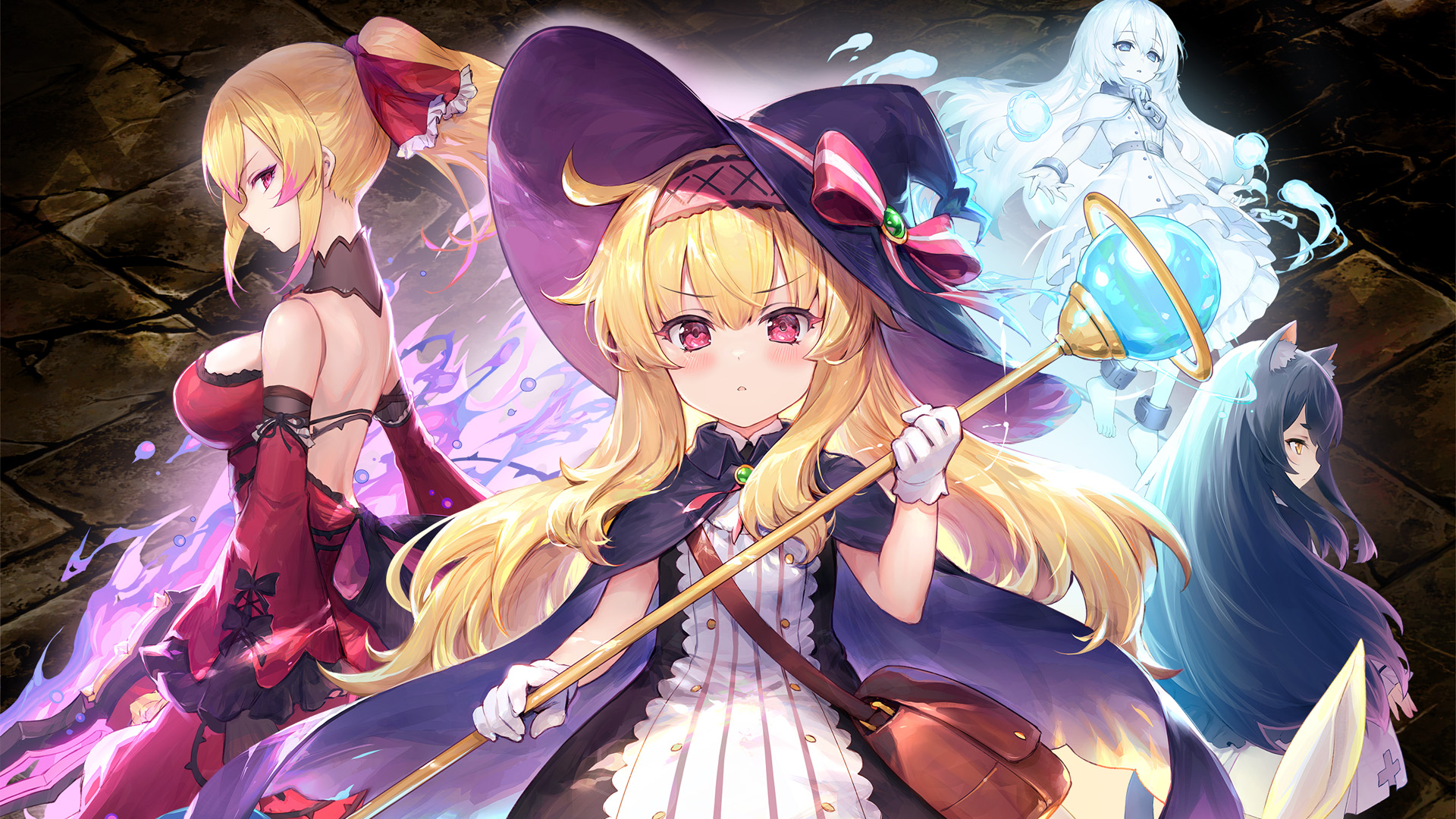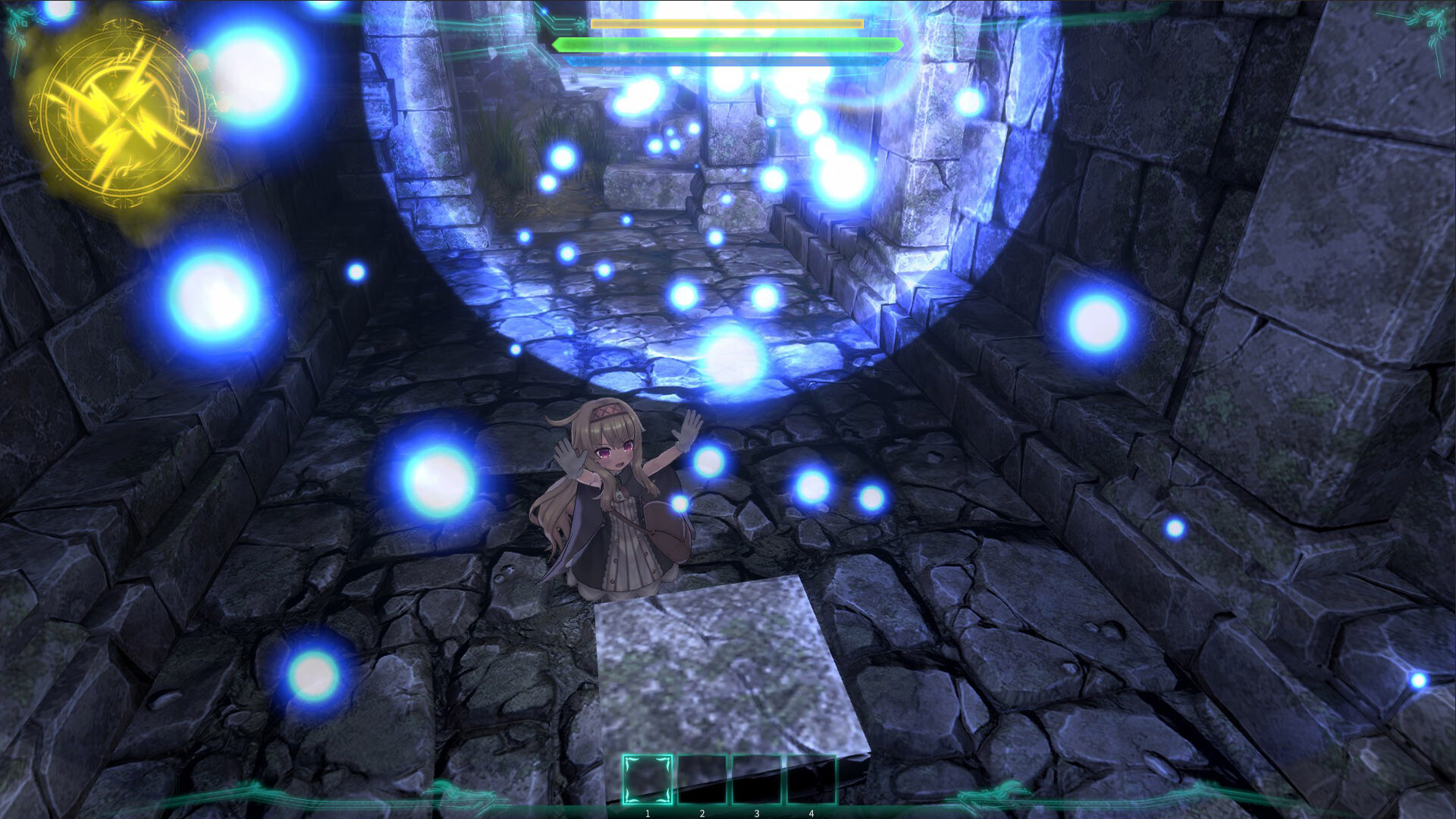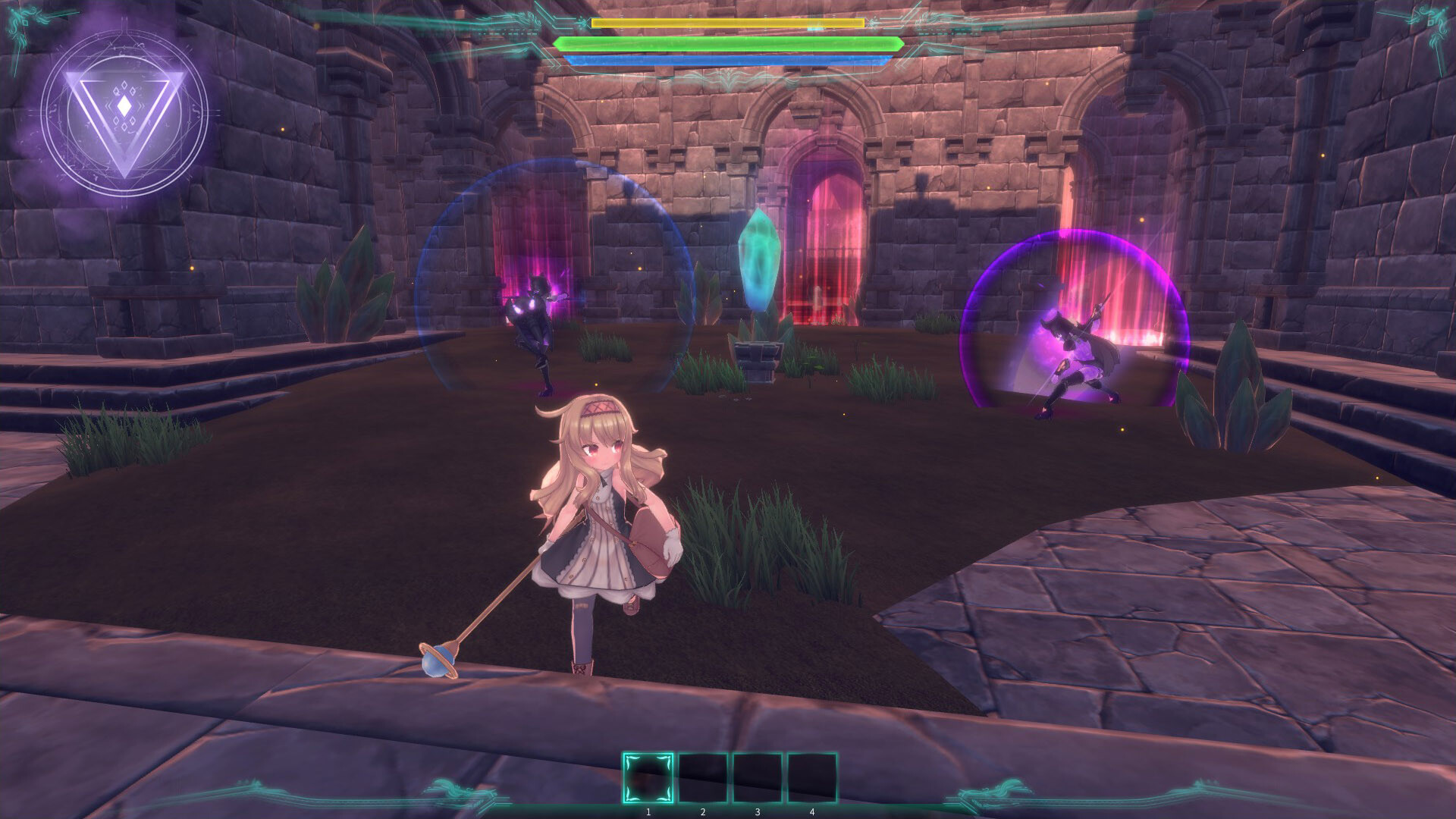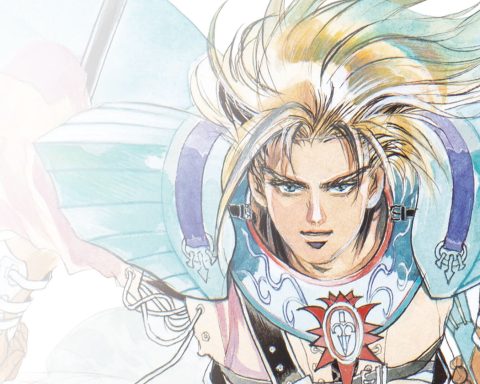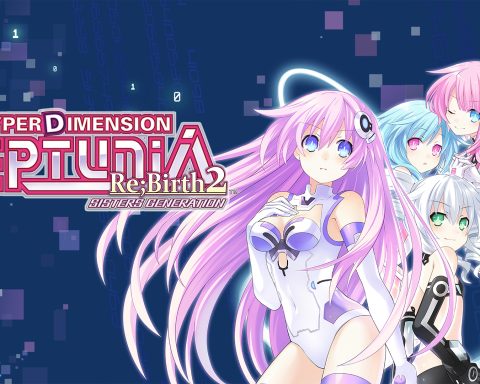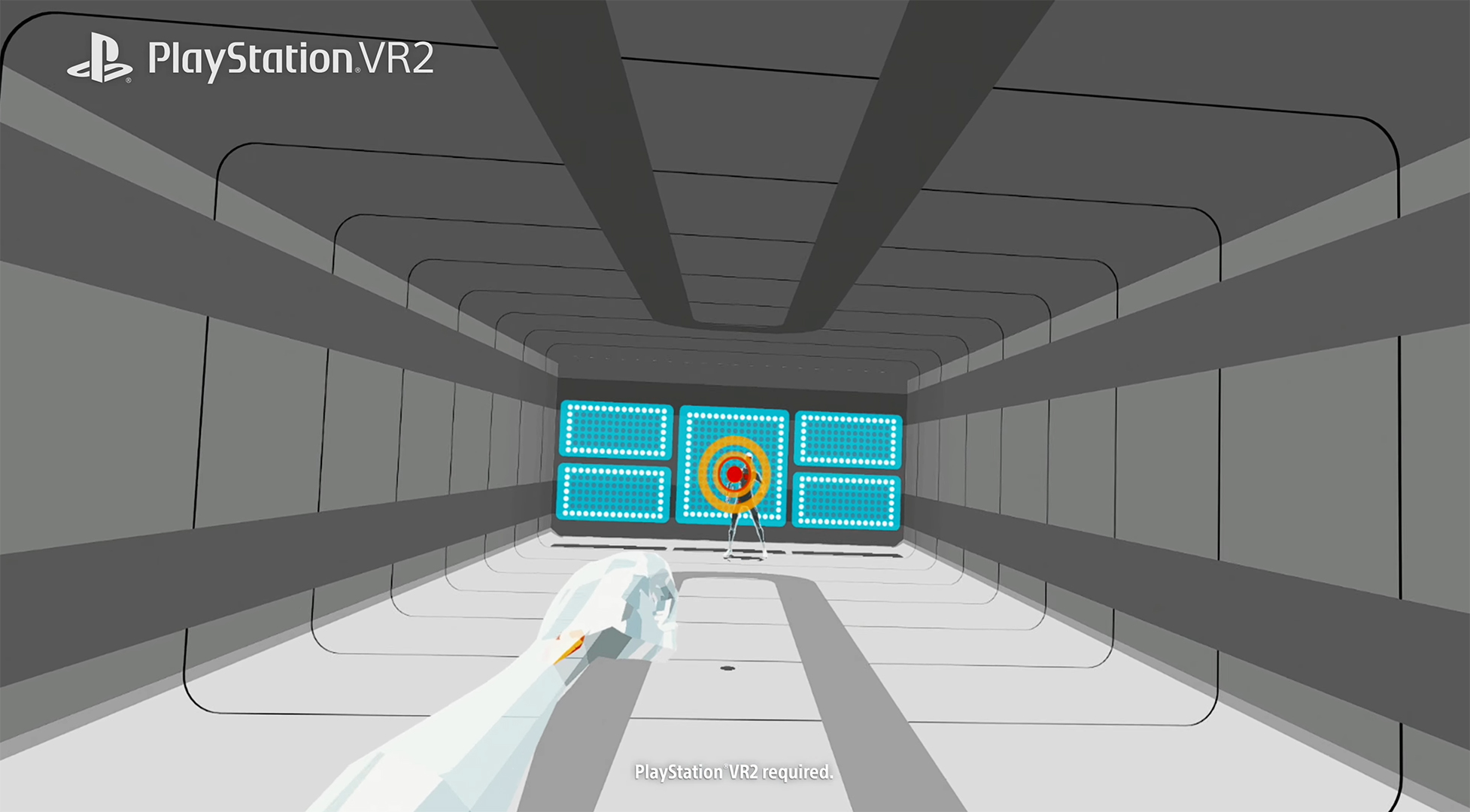Little Witch Nobeta has been a significant (and perhaps mildly surprising) hit since first releasing on PC last year. For a game developed by a tiny team, having a “Very Positive” rating on Steam, off more than 8,300 players, is a significant achievement. Soon, courtesy of Idea Factory International, the game’s getting a global release on console and having now played the first hour or so of it, I can understand the appeal. This game is Charming Souls.
This is a game that takes the qualities of FromSoftware’s masterpieces – the gothic architecture, the intimidatingly difficult bosses, the obtuse approach to storytelling and the labyrinthine level designs, and translates it all into a cute and whimsical anime fantasy. I’ve been waiting for something like this to happen to the “Soulslike” genre. Most of the time, when a genre is popular, it doesn’t take long for developers of all sizes and scales to put their spin on things, and the spins become increasingly niche in scope.
However, there haven’t been all that many Soulslikes, and those that we have had have stuck to fairly mainstream subject matters. Samurai history (Nioh), Star Wars (Jedi Fallen Order), Final Fantasy (Stranger of Paradise) and Sci-Fi (The Surge) are all fairly mainstream subjects, and there haven’t been all that many efforts, given how successful the “formula” is. There are around 100 deckbuilding games and roguelikes released every day, but if you’re playing more than one new Soulslike in a month, then it’s been a big month for the genre.
It’s easy to understand why this is the case, mind you. Soulslikes are notoriously difficult projects to get right because they’re a creative endeavour, rather than a technical one. You can hire the right technical staff, and over the course of a game development cycle, get them to emulate the mechanics and structure of the “good” roguelikes or card games fairly well. Meanwhile, with the soulslike, a poor imitator (see Hellpoint) becomes a strange combination of exhaustingly dull and infuriating, even if it doesn’t miss the mark by that much. The precision, eye for detail and design, and general quality of the soulslike needs to be extraordinarily high for it to work at all.
Little Witch Nobeta suggests that smaller teams of developers are starting to work it out and apply increasingly niche subject matters to the genre. This is a good thing (assuming you like soulslikes), because all these additional ideas are going to improve the breadth of experiences. Little Witch Nobeta, for example, feels very different to play.
The focus is heavily on ranged combat in this game, for one thing, and that doesn’t happen that often with soulslikes. The witch does have a melee attack, but it’s relatively weak to her spellcasting capabilities, so it’s only really used for clutch situations or for regaining mana to fuel spells (successive hits with the staff earn mana). For the most part, you want to be attacking enemies from afar, and trying to manoeuvre so they keep their distance. The witch has several powerful spells at her disposal, but they have a significant build-up time, and over that time, her mobility is greatly reduced. She can, however, dodge out of the way, so this mechanic really encourages players to learn to read enemies and dodge with precision. Those powerful spells are going to be essential in many of the game’s situations.
So far the actual level design is linear and constrained. This is also different to FromSoftware’s work, which emphasises the perception of openness. I don’t necessarily mind here, though, because the flow of progress is nice, and I don’t think a sense of “aimlessness” would have benefitted the game. There’s some nice lore to unlock along the way – the developers stuck with the idea that the explicit narrative should be fairly obtuse, but by finding items and things along the way the full context of the world will be made clear. I know that rubs some people the wrong way, but I love this approach to storytelling. It gives everything you come across along the way a narrative role to play.
The only other thing I have to say at this stage is that the game is possibly the easiest soulslike I’ve ever come across. Both in terms of the difficulty of the enemies themselves (including the bosses), and the various traps and punishment for being knocked out and sent back to the last save point. Nobeta is very generous with all of this, and I suspect this is in recognition of it targeting a different audience. This isn’t for people that are waiting for Bloodborne 2. It’s for people that like Atelier and Hyperdimension Neptunia and other such games.
Little Witch Nobeta is fun, light, and whimsical. It works really well on PlayStation (though I did need to tweak the camera speed a little as it was too twitchy by default). Apparently, it’s fairly substantial for an indie JRPG (around 15 hours or so), so I’m very much looking forward to digging deeper into it. It is off to a great start.
